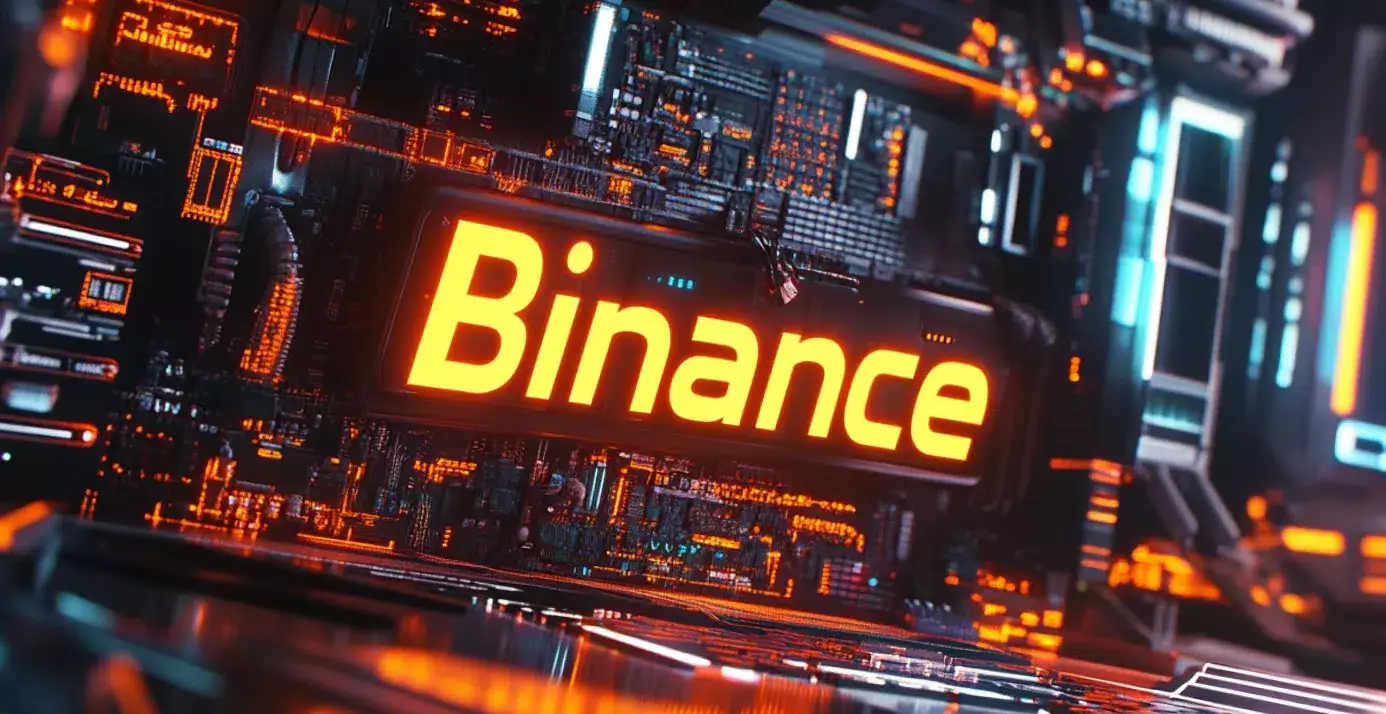The recent launch of Binance’s “Vote to Delist” feature on March 21, 2025, has stirred considerable debate within the crypto community. The premise is enticing—empowering users to have a say in the tokens that remain on the platform. However, a closer inspection uncovers troubling implications for the self-sovereignty that cryptocurrencies are notorious for. Users eligible to vote are obliged to maintain a verified account along with a 0.01 BNB balance, and they are restricted to voting for only five out of twenty-seven cryptocurrencies in the monitoring zone. While Binance aims to enhance user engagement, this setup feels more like a marketing stunt than a sincere bid for community participation.
Token Delisting: A Chilling Prospect
This initiative comes at a time when Binance has already ominously indicated the termination of trading for five tokens, including Aergo and BurgerCities. These decisions were made without direct community input, leaving users feeling vulnerable and uncertain. The fact that trading volume, liquidity, and regulatory compliance are paramount in these assessments further underscores a deeper irony: the system is built upon the very standards that the crypto movement originally intended to upend. If Binance retains the final say on delisting, the voting system could become a mere façade, a way to make the community think they are participating while the centralized powers that be still hold the ultimate reins.
The Volatility of Public Opinion
Delisting through community voting could lead to alarming new dynamics within crypto trading. In a volatile market defined by emotional trading and sensational headlines, the potential for mass panic is ever-present. The recent performance of tokens subjected to the vote already illustrates this risk, as evidenced by the drastic drops in price, especially BurgerCities, which fell a staggering 48.1%. Investing in cryptocurrencies is often precarious, but fostering a system where public sentiment can swing the axe at tokens adds an additional layer of risk that could ultimately dissuade serious investment.
Risk of Token Death Sentences
The inevitable outcome of these collective votes could manifest as death sentences for promising projects merely experiencing temporary challenges in liquidity or market popularity. We must question the ethics surrounding the power of the masses in this scenario. Are we ready to overlook the intrinsic value that potentially revolutionary technologies and projects may bring? It is disheartening to think that community voting—if it leans heavily toward popular opinion instead of informed decision-making—could erase fledgling yet viable projects from existence.
Where is the Real Governance?
As Binance integrates this feature under the guise of enhancing governance, one must critically examine whether this initiative truly empowers the community or simply serves as a means to incentivize user engagement without real accountability. The cycle of meeting regulations while appearing client-centric may only lead to further alienation of core investors who once believed in the decentralization ethos.
In an ecosystem already fraught with uncertainty, the “Vote to Delist” feature exemplifies how surface-level initiatives can mask a troubling retreat into centralization. The balance of power moves away from the individual and back into the hands of those who dictate the rules of engagement on centralized platforms. This shift not only endangers individual investors but risks undermining the innovative spirit that initially set cryptocurrencies apart from traditional finance.

